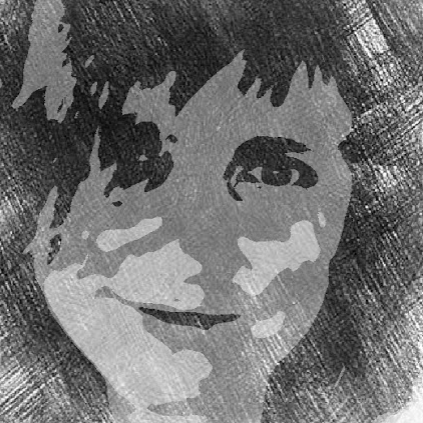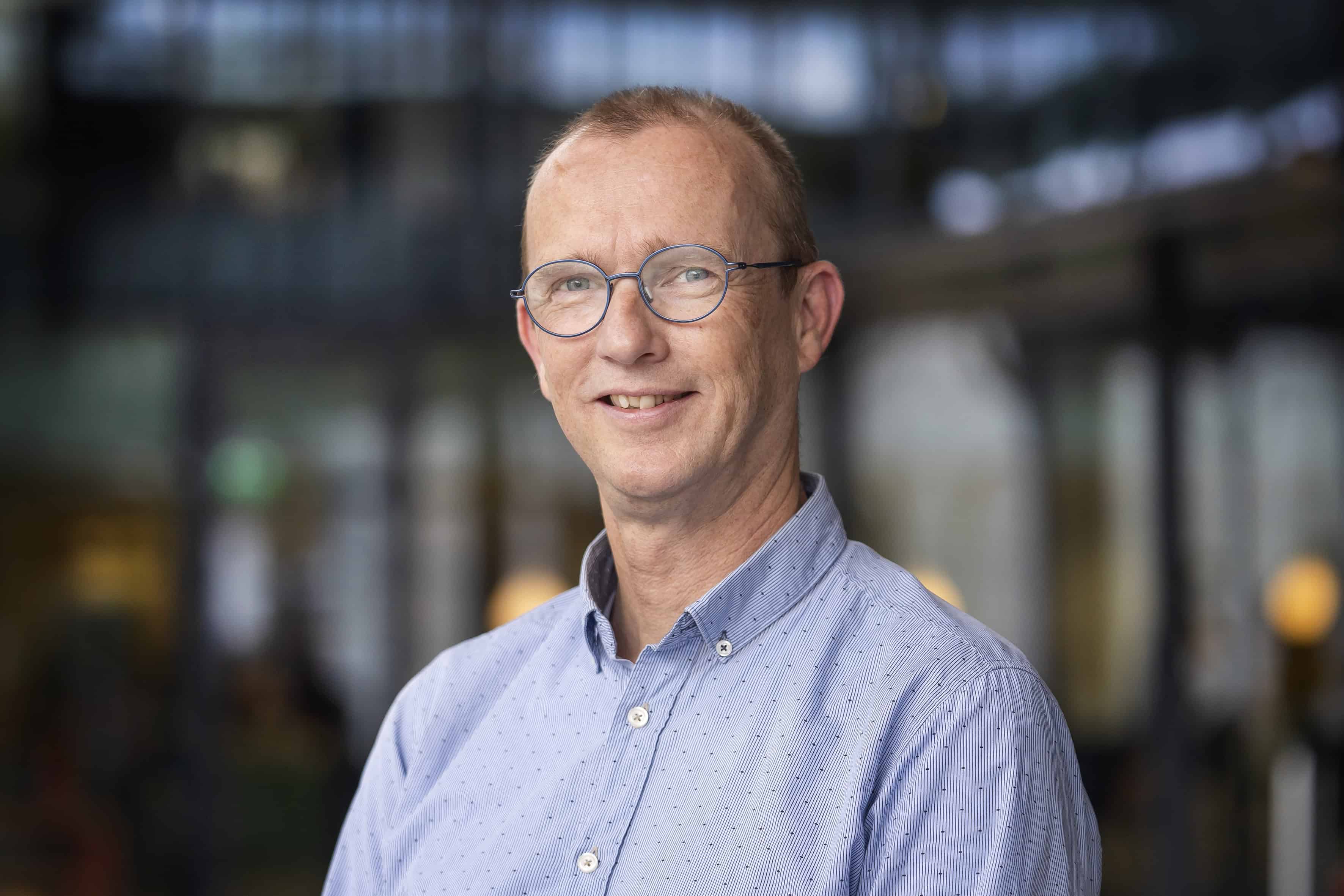
The Utrecht start-up Prolira has developed a method, called the DeltaScan, which determines with 90% certainty within a minute and a half whether a patient is experiencing delirium. A tremendous leap forward for healthcare,” says co-founder and industrial designer Annemarie Willems of Prolira.
Why did you set up this start-up?
My co-founder Rutger van Merkerk and I have always been committed to bringing medical innovations to the market so that they can be used by more than just that particular hospital where they were invented. Rutger worked for many years at a division of the University Medical Center Utrecht – Pontes Medical. Which works with doctors and researchers on the innovation of medical technology products in the hospital so as to improve care.
A study by one of the doctors, Professor Arjen Slooter, a neurologist at the University Medical Center Utrecht (UMC Utrecht), made it clear that a delirium could be identified by an EEG test which uses only three electrodes on the head. Which meant data could be collected in just one and a half minutes. [An EEG has so far usually involved the use of 20 electrodes on the head plus the examination takes one to two hours, ed.]
But then there was no product, even though there was already a patent. We thought we could make a product that used this data. And that a nurse could do the measurements with it too. That’s what we started to work on back then. The doctor in question did not want to be involved in the business side of things that goes with it, as he wanted to preserve his scientific independence as a researcher. So that’s why the two of us set up the company. We did get a cake from him when we got this far, ha ha. He was happy that his research results had found some good caretakers.”

What was the biggest obstacle you had to overcome?
“There were a number of obstacles that had to do with the development of a complex medical product in the start-up phase. For example, the DeltaScan Patch and the DeltaScan Monitor had to go through various certification trajectories. Patient data had to be accessed for this, and permission had to be granted for that too, of course. Budgets are not unlimited, while you do want to hire the best people to develop algorithms and software in order to create the best possible product. But that always worked out in the end.”
What has been your biggest breakthrough so far?
That we got that CE certification in 2018, which allows doctors to use the DeltaScan in all hospitals within the European Union. That has vastly improved diagnosis of those patients suffering from delirium. Up until now, nurses had to use a list of questions that they asked patients. Even though they were often in intensive care. In spite of this questionnaire, research showed that delirium was not detected or was detected very late in half to three quarters of the cases. This caused serious damage to the patient’s health. Whereas 90% of the measurements turn out to be right with the help of the DeltaScan.”
What can we expect from Prolira over the coming year?
We’re applying for American certification this year. This required some additional patient data, the reports for that are now almost complete. As soon as it’s ready, we’ll submit it to the FDA. And the FDA might ask additional questions before they give their approval. It’s only after FDA approval that we’ll be allowed to enter the market for U.S. hospitals.”
Where do you want to be five years from now?
By then we want the DeltaScan to be available in all hospitals around the world so that an early diagnosis of delirium can be made for any patients who are suffering from it. This is important for patients affected by delirium, of whom there are more than 100,000 per year just in The Netherlands. But also for healthcare providers who can then give adequate help. It is also important for keeping healthcare costs under control. The longer the delirium lasts, the greater the risk of permanent secondary damage like dementia. The sooner you diagnose delirium, the sooner you can intervene. The chance of recovery is then greater. That also saves you medical expenses.”









